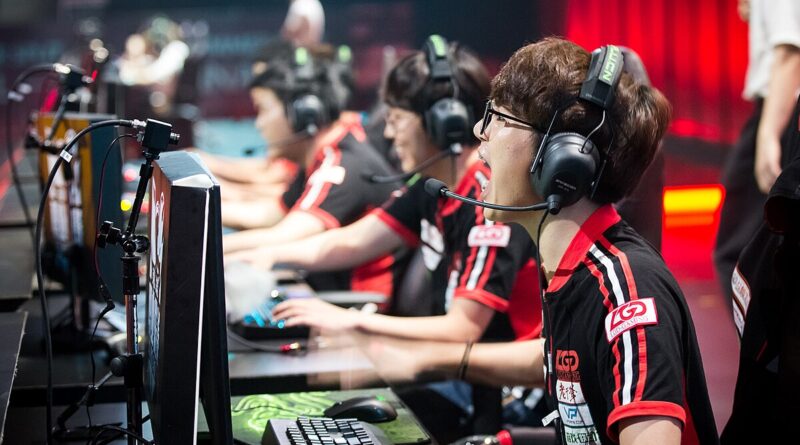The Impact of Esports on the Gaming Industry: From Hobby to Profession
Esports has gone from a niche hobby to a multi-billion-dollar industry, with professional gamers earning millions in tournament winnings, sponsorships, and streaming revenues. But how did esports grow to become such a massive part of the gaming world, and what does its rise mean for the future of gaming?
The Birth of Esports
Esports, or competitive video gaming, began in the late 1990s with games like StarCraft and Quake, where players could compete in organized tournaments. These early events laid the groundwork for the professional esports leagues we see today. As the internet became faster and more accessible, esports began to grow, attracting larger audiences and more players.
Professional Esports Leagues
Today, esports includes massive organizations like League of Legends, Overwatch, and Dota 2, all of which host global tournaments with prize pools reaching millions of dollars. Leagues such as the Overwatch League and League of Legends Championship Series have professional players under contract, offering salaries, benefits, and sponsorship deals—turning gaming into a full-time career.
The Esports Ecosystem
Esports is not just about the players—it’s an entire ecosystem. From commentators (or “casters”) to analysts, coaches, and event organizers, esports has created a wide range of professional opportunities. Streaming platforms like Twitch and YouTube Gaming have further amplified the growth of esports by allowing gamers to live-stream their gameplay to global audiences, creating superstar streamers with large fanbases and sponsorship deals.
The Future of Esports
Esports will continue to grow as technology advances, with more immersive viewing experiences, better online infrastructures, and integration into traditional sports networks. In the future, we may even see esports featured in the Olympics, further solidifying gaming as a legitimate and professional sport.

